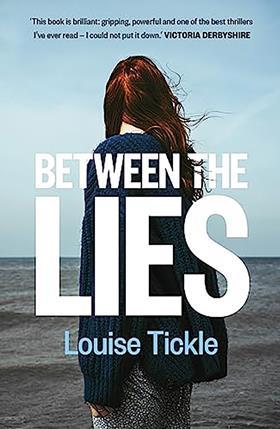A useful self-help guide
The Family Court without a Lawyer – A Handbook for Litigants in Person (4th edition)
Lucy Reed KC
£20, Bath Publishing
★★★★★
This book was excellent eight years ago when I first reviewed it – and is even better now. The fact that there is an acute need for such a book for those who cannot afford a lawyer says a good deal about our society. I have lost count of the number of times I have recommended this book to people who, once upon a time, would have been eligible for legal aid. There is no other book like it.
The fourth edition of the book, whose author is also a champion of transparency in the court process, comes four years after the last reprise, and covers no-fault divorce.
As well as being the best type of self-help book, it is also a very handy work of reference for paralegals and trainee solicitors who have limited experience of the court process.
In my 2015 review, I had a niggle that the section on alternative dispute resolution was a little too cursory. This edition has a section entitled, ‘Will I need to go to court?’. It also has a very good explanation of the alternatives to court, including mediation, arbitration and collaborative law.
On its sister website with the same name, there are numerous resources available to the litigant in person. These include a witness statement template, Scott schedule, financial remedy proceedings chronology and income needs document.
The author and the publisher are donating 5% of sales revenue to Advocate, formerly the Bar Pro Bono Unit.
Tony Roe is a family law partner at Dexter Montague LLP, Reading, a mediator, arbitrator and collaborative lawyer
Between the Lies
Louise Tickle
£17.99, Cinto Press
★★★★✩
Unlike Lois Lane or Tintin – indeed every fictional journalist hero in history – Cherry Magraw has to do some actual work. Not only does she deal with editors and in-house lawyers but she also has to knock out ‘well-paying but ultimately unfulfilling copywriting jobs’ to pay the bills while tracking down The Big Story.
This is far from the only unusually realistic touch in Louise Tickle’s debut novel. Readers on the family court scene may already be familiar with Tickle’s own journalism and her long-running campaign to open the family courts system to press scrutiny. And it is the quotidien business of the family courts which provides the setting for Tickle’s intense psychological thriller.

A central theme is the power imbalance between represented and unrepresented parties and whether judges can see past that in making life-changing decisions. Especially those involving the threat of domestic violence – a threat that looms from page one.
Ultimately, the question Magraw must answer is: ‘When it comes to families, is anyone a reliable witness?’
Lawyers – well, barristers, at least – come out pretty well. Judges, perhaps, less so. However procedural details and language have the smack of realism throughout.
Informed, important as well as gripping stuff.
Michael Cross is news editor at the Law Society Gazette































No comments yet